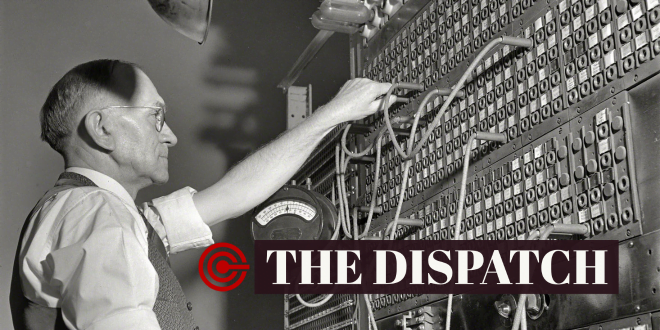All Eyes on Kabul – Saakashvili Says He Did Things Better than Ghani – After Plague, Series of Earthquakes – Opposition Insists on ‘Referendum’ after GD’s Broken Promise – Georgians Unhappy About Unfair Lockdown
Greetings from Tbilisi! Georgians, like anybody else in the world, have been closely following the shocking developments in Afghanistan, trying to draw conclusions and learn necessary lessons when possible. Here is Nini with usual and unusual updates from Georgia.
The Dispatch is our regular newsletter. Subscribe and find us on Twitter: @DispatchCivil
KABUL IS NOT FAR AWAY All eyes in the world are currently on the tragedy that is playing out in Afghanistan, and Georgia is no exception: with lots of discussions, speculations, and arguments online, the observers try to learn their lessons and not think about the dark scenario of what would happen if Georgia, too, is “abandoned by the west”. But first things first: Georgian Foreign Ministry has been updating the compatriots about the fate of little over 20 Georgian citizens that are stranded in Kabul – reportedly these are former military serving as private contractors for the Canadian and American companies. They have so far failed to reach the airport, the Georgian authorities, however, say they are “actively working” for their evacuation, trying to get them to the airport and on a flight from Afghanistan. Read more here.
ANOTHER HERO Ex-president Mikheil Saakashvili, who loves attention, did not miss the chance given by Afghanistan developments to portray himself as another hero. “The scenes you are watching now in Afghanistan’s airport, this is what happened in Sokhumi in 1993 and this is what would have happened in 2008, had I accepted the proposal of some of my ‘well-wishers’, yielded to Russia’s blackmail and left the country,” he wrote in his social media post. Comparing his own experience with Afghan President Ashraf Ghani fleeing the country, Saakashvili went on saying he refused a similar solution, sparing the country “the scenes we are watching now in Kabul” as a result. It would be good to hear President Ghani’s take on this too.
SHAKE IT Neither has it been calm in Georgia these days: on August 16, at around 6 in the morning, many residents of eastern Georgia stormed the Facebook to verify whether the punch that woke them up was an earthquake. It was, with the epicenter of the 5.1 magnitude shock somewhere near Ninotsminda, Samtkshe-Javakheti region in the south of the country. It was not the sole earthquake overnight, and Georgians now got used to one or two “there was an earthquake” popping up on their newsfeeds regularly. Seismologists say ongoing tectonic processes are to blame. It may, however, be a good sign that the energy is released through smaller aftershocks, they suggest.
LIKE SON LIKE FATHER The United National Movement named on August 15 its mayoral candidates for the upcoming local elections, with the main highlight being Anzor Melia, a famous cardiologist and the father of UNM chair Nika Melia, running in Zugdidi, Samegrelo region. In his ambitious address, Nika Melia repeatedly described the elections as a “referendum,” alluding to the commitment taken by the ruling Georgian Dream party under the EU-brokered deal to call early parliamentary elections if it would end up under 43% in October. The GD later withdrew from the deal and asked everyone to forget about the 43% pledge, but the opposition refuses to forget. The fun fact is that the UNM itself refused to sign the EU-brokered deal, handing the ruling party the excuse it sought to escape the referendum trap by taking the “we won’t do it because neither do they” approach.
“STOP BEING POOR” VOL.2 Georgia’s Covid19 crisis continues. The images of the newly set up field hospital in an Olympic gym terrify many, reminding them that the worst may still be ahead as hospitals run out of beds. The vaccination moves ahead, but the share of those fully vaccinated is still far from enough – more persons may still have to depend on their naturally acquired immunity after having recovered from the virus. Amid the crisis, authorities face backlash over the unfair curbs put in place to contain the spread: the government again resorted to a “stop being poor” approach to deal with the pandemic, considering that the main restriction introduced was halting public transportation. This means that those who have neither cars nor money to afford cabs (with shockingly raised fares) need to deny themselves some urgent needs. This happens when those with cars face hardly any disruptions, except for leaving their favorite restaurants at 11 pm instead of midnight.
That’s the full lid for today. Celebrate the bizarre and the curious in Georgia’s politics with us every Monday and Thursday!

